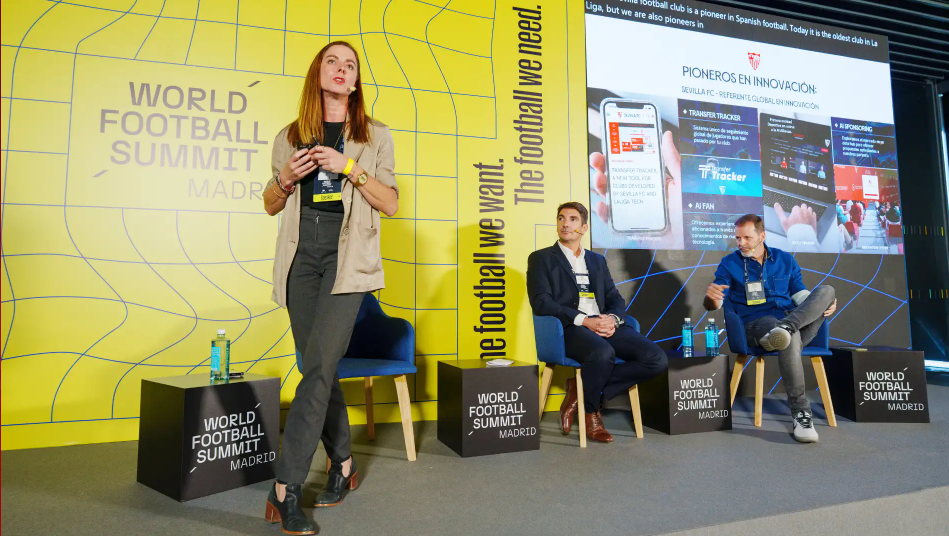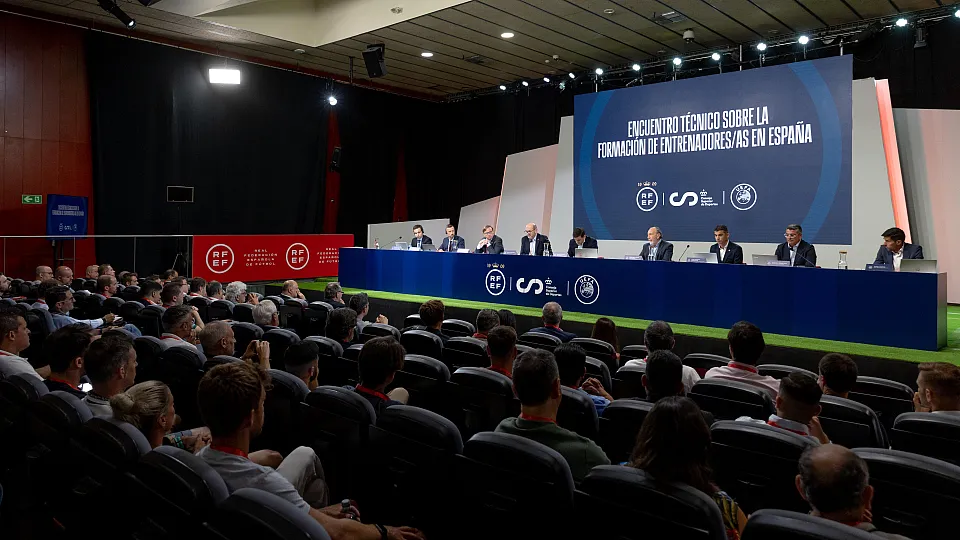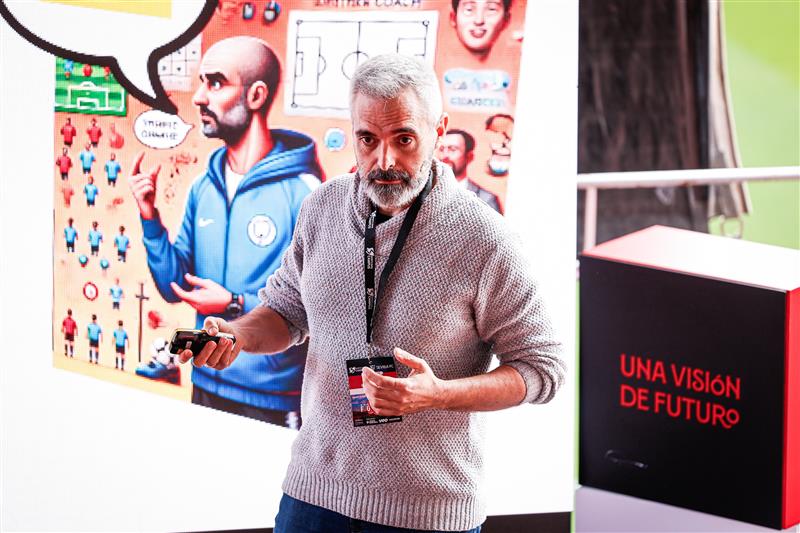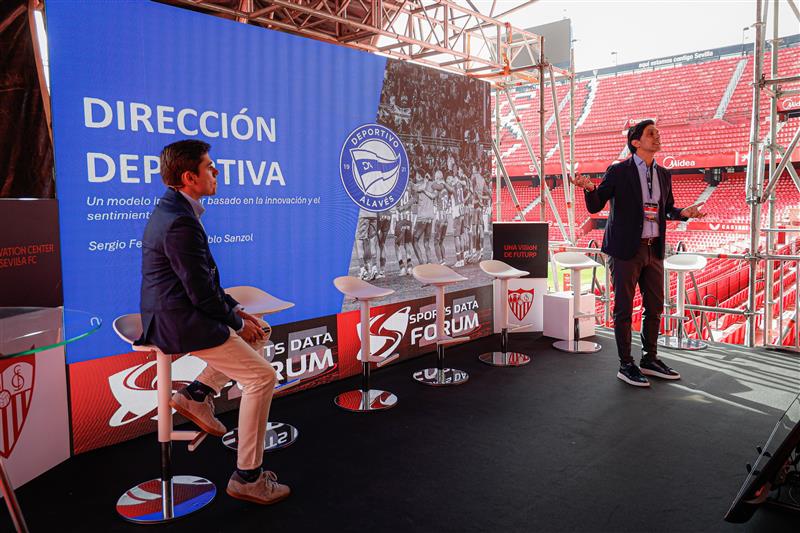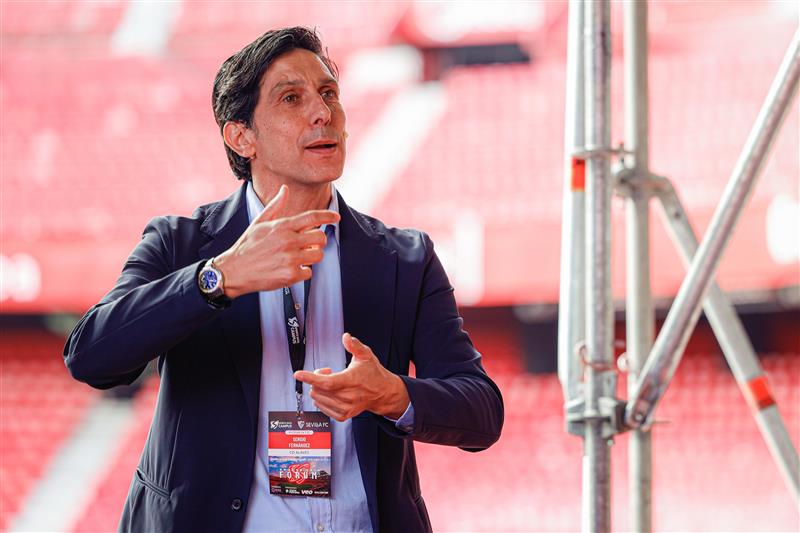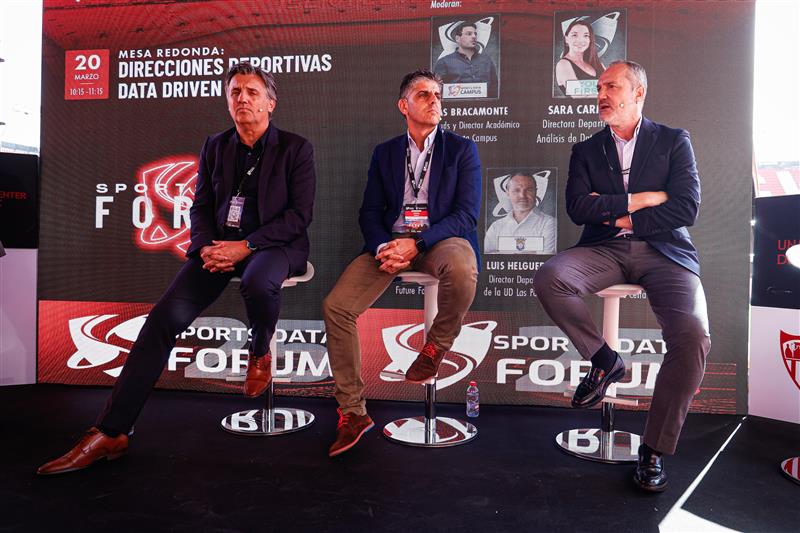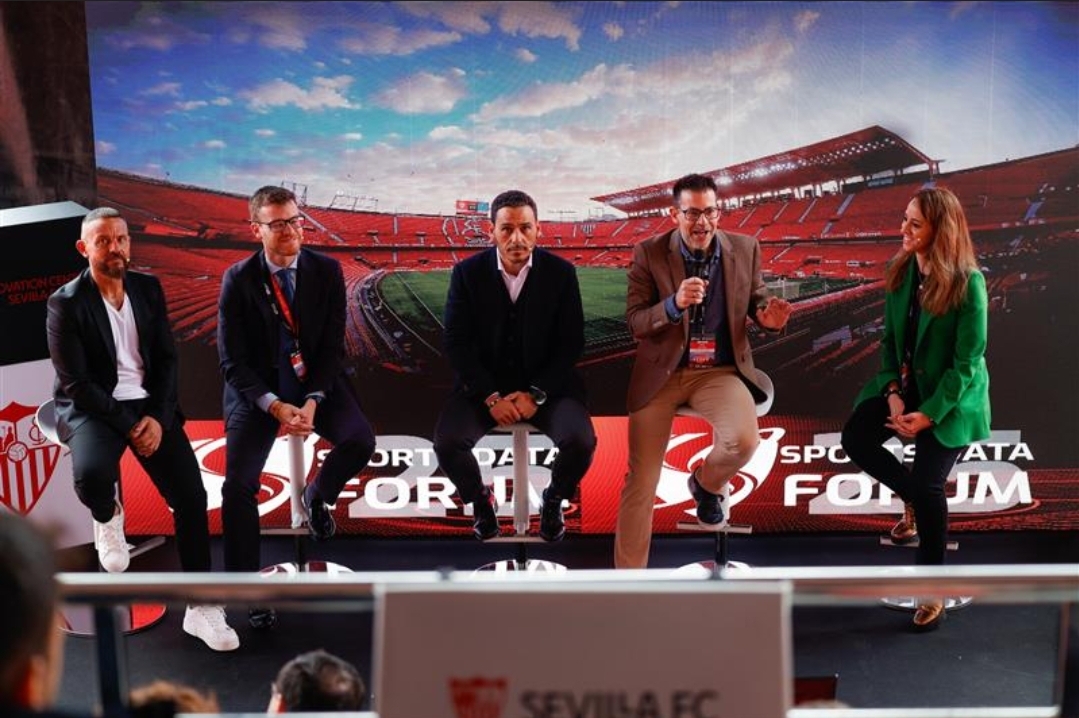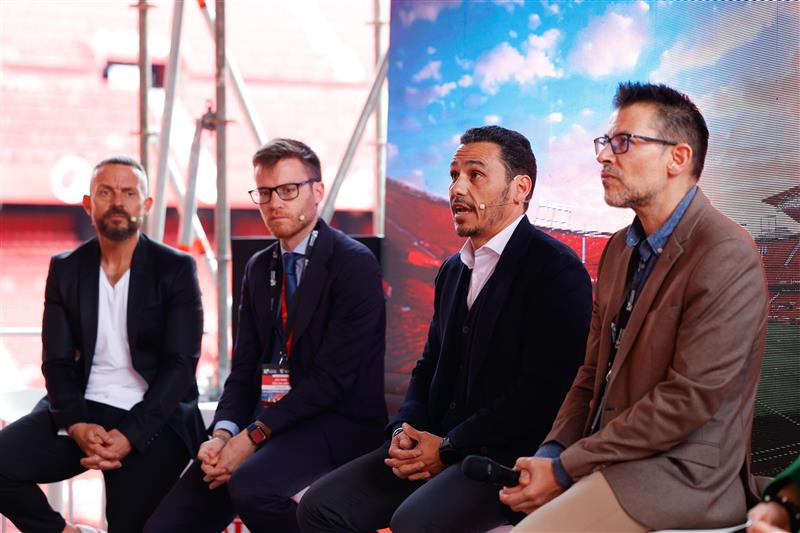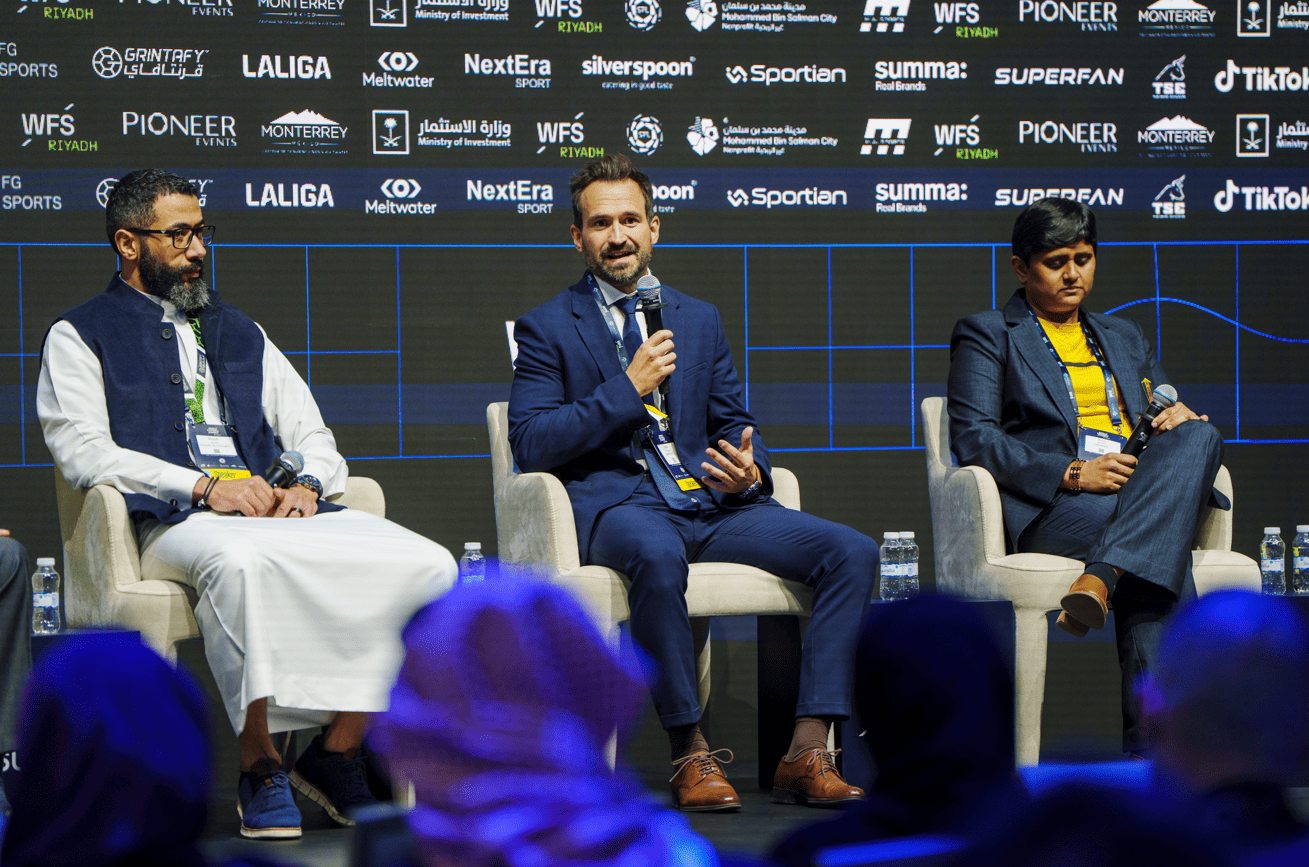
Sevilla FC continues to strongly pursue its internationalization strategy and was one of the key participants at the World Football Summit Riyadh 2025. The club took part in one of the event’s roundtable discussions to present its international sporting projects.
Specifically, the club’s head of this area, José Collado, participated in a forum alongside Grintafy, Lenovo, and HPE to explain how Sevilla FC uses artificial intelligence in the development of its academy players. The visit also served to further strengthen ties with the main stakeholders in Arab football.
Strategic collaboration agreement with Grintafy
As a clear example of this commitment, Sevilla FC took advantage of its presence in Riyadh to announce the signing of a strategic agreement with Grintafy, the leading football talent discovery platform in the Middle East. The objective of this partnership is to support, train, and enhance young football talents in Saudi Arabia through the exchange of technical and administrative knowledge.
This initiative aligns with the objectives of Saudi Vision 2030, which promotes youth empowerment and the development of sport as a driver of social progress and international projection. In this context, both entities will work jointly on the implementation of training programs, camps, development activities, and coordinated actions that contribute to strengthening the football ecosystem in the Kingdom of Saudi Arabia and the wider region.
Sevilla FC has maintained a strong and ongoing relationship with Saudi football for several seasons. This is reflected, among other aspects, in the incorporation of players Abdullah Aljirafi and Khalid Aljirafi into its academy. Currently, Abdullah Aljirafi is the top scorer for Sevilla FC “D,” averaging one goal per match, and also ranks fourth in the top scorers’ table of his category, establishing himself as one of the standout talents in the competition.
In addition, the club has strategic agreements with the Saudi Arabian Football Federation through its Future Falcons program, and during the past season it hosted the final of the prestigious Al-Abtal tournament at the Ramón Sánchez-Pizjuán Stadium, reaffirming its commitment to youth talent development and to strengthening sporting ties between Spain and Saudi Arabia.
